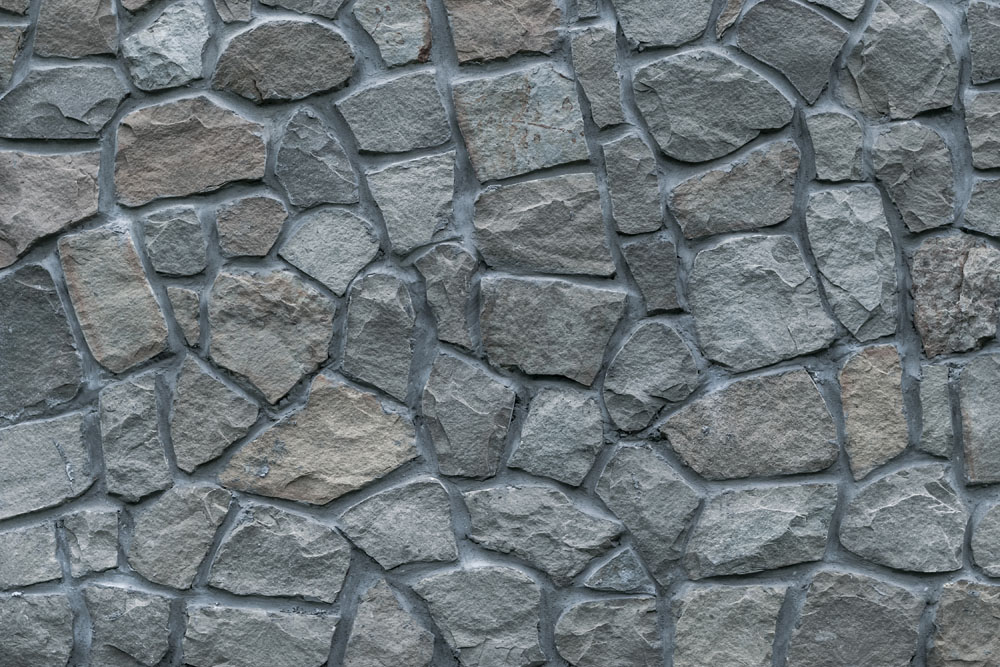Introduction
In today's world, where environmental concerns are at the forefront, the quest for sustainable building practices has gained significant traction. Among these eco-friendly methods, sustainable stonework stands out as an exemplary choice. But what exactly is sustainable stonework, and why is it gaining popularity among architects, builders, and homeowners? This article dives deep into “The Science Behind Sustainable Stonework and Its Advantages”, exploring the intricate relationship between nature and construction while showcasing the expertise of masonry contractors in this vital field.
Understanding Sustainable Stonework
What Is Sustainable Stonework?
Sustainable stonework refers to using natural stone materials in construction that minimizes environmental impact while maximizing durability and aesthetic appeal. Unlike conventional stone extraction methods that often lead to habitat destruction and significant energy consumption, sustainable practices focus on responsible sourcing, waste reduction, and energy efficiency.
The Role of Masonry Contractors in Sustainable Stonework
Masonry contractors play a pivotal role in implementing sustainable stonework practices. Their expertise ensures that materials are sourced ethically, techniques are environmentally friendly, and structures are built to last. By collaborating with architects and designers who prioritize sustainability, masonry contractors help create buildings that harmonize with their surroundings.
The Science Behind Sustainable Stonework: Key Principles
1. Material Sourcing: The First Step Towards Sustainability
Natural vs. Manufactured Stones
Natural stones such as granite, limestone, and marble have been used for centuries due to their strength and beauty. However, manufactured stones often involve high carbon footprints during production. Sustainable stonework emphasizes the use of locally sourced natural stones to minimize transportation emissions.
Recycled Materials: A Creative Approach
Using recycled stones from demolished structures can significantly reduce waste. These materials not only provide unique aesthetics but also reduce the demand for new quarrying activities.
2. Energy Efficiency in Production
Low-Impact Quarrying Techniques
Modern quarrying techniques emphasize minimal environmental disruption. Methods like selective extraction reduce landscape alteration and preserve local ecosystems.
Energy Consumption During Processing
Processing natural stones requires energy; however, advancements in technology have led to more energy-efficient machines that consume less power while producing higher-quality finishes.
3. Waste Reduction Strategies
Optimizing Cuts and Reducing Off-Cuts
Masonry contractors utilize advanced cutting technology to maximize material usage. This reduces off-cuts significantly—an essential step towards waste reduction.
Repurposing Waste Materials
Any leftover stones can be repurposed for landscaping or smaller construction projects—further minimizing waste impact on landfills.
Advantages of Sustainable Stonework
1. Durability: Built to Last
One of the most compelling benefits of sustainable stone structures is their durability. Natural stones withstand weather conditions better than many synthetic alternatives—a testament to their resilience over time.
2. Aesthetic Appeal: Timeless Beauty
Natural stone provides a classic look that enhances any architectural style—be it modern or traditional. Homeowners often expert masonry contractors find themselves drawn to its unique textures and colors.
3. Reduced Environmental Impact: A Greener Choice
By utilizing local resources and minimizing transportation needs, sustainable stonework significantly reduces carbon footprints compared to other construction methods.
4. Increased Property Value: A Wise Investment
Properties constructed with sustainable materials tend to have higher resale values due to their aesthetic appeal, durability, and reduced environmental impact—making them a wise investment for homeowners.

Case Studies of Successful Sustainable Stonework Projects
1. The Green Building Initiative (GBI)
This initiative showcases various projects emphasizing eco-friendly construction practices across North America. Many GBI-certified buildings incorporate sustainable stonework principles effectively!
2. The High Line Park in New York City
Originally an elevated railway line transformed into a public park using reclaimed materials—including locally sourced stones—this project exemplifies how sustainable stonework can enhance urban spaces while preserving history.
Common Misconceptions About Sustainable Stonework
1. "It’s More Expensive"
While initial costs may seem higher due to premium materials; consider longevity! Natural stones require less maintenance over time leading ultimately leading savings!
2. "Limited Design Options"
Contrary to popular belief; natural stones offer vast variety—colors textures styles! From contemporary sleek finishes rustic charm; options abound!
FAQs About Sustainable Stonework
1. What types of natural stones are best for sustainable building?
Granite, limestone, slate, and sandstone are popular choices due to their durability and aesthetic qualities.
2. How can I ensure my masonry contractor follows sustainable practices?
Ask about their sourcing methods, waste management strategies, energy consumption during production processes before hiring them!
3. Are there certifications for sustainable stone products?
Yes! Look for certifications such as LEED (Leadership in Energy & Environmental Design) or similar industry standards that validate sustainability claims.
4. Can I use recycled stone in my home renovation?
Absolutely! Reclaimed or salvaged stones can add character while reducing environmental impact—ask your contractor about options!
5. What maintenance do natural stone structures require?
Generally low-maintenance! Regular cleaning sealing will keep surfaces looking fresh without extensive upkeep needed compared synthetics!
6. Is sustainable stone affordable?
While upfront costs may vary based on quality; consider long-term savings from reduced repairs replacements downtime!
Conclusion
In summary, understanding “The Science Behind Sustainable Stonework and Its Advantages” reveals an intricate balance between environmental responsibility and architectural beauty—a balance deftly managed by skilled masonry contractors who prioritize sustainability throughout every phase of construction! As we move toward greener living solutions; embracing such innovative approaches not only benefits our planet today but ensures future generations inherit a healthier environment tomorrow! So why not take the plunge into this exciting journey towards sustainability through stunning craftsmanship?